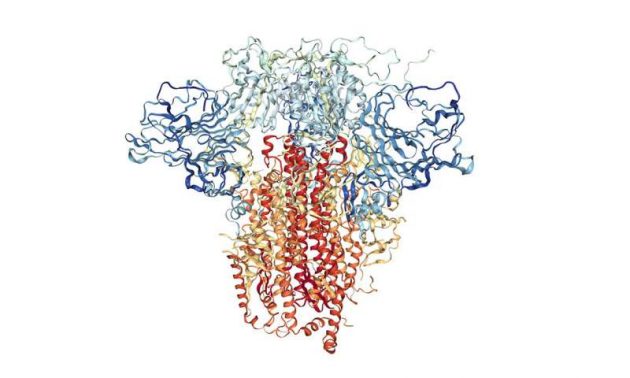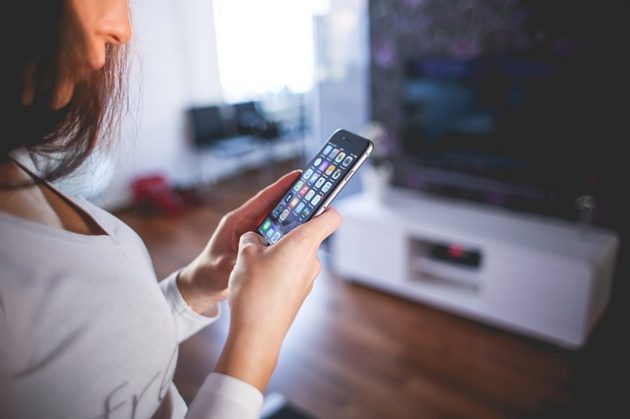Antibodies to ‘neutralize’ novel coronavirus before it invades cells?

University of Toronto researcher Sachdev Sidhu and his collaborators are engineering antibody molecules that can neutralize the novel coronavirus in the body before it invades cells. […]
“With our two funded projects, we are working to develop molecules that can target the virus both inside human cells and on the outside to prevent it from getting in,” says Sidhu, who is a professor of molecular genetics in the Faculty of Medicine.
The latest funded project, headed by U of T Professor James Rini of the departments of molecular genetics and biochemistry, aims to produce antibodies that can effectively neutralize the virus before it causes damage. Such antibodies are naturally produced by the body in response to infection, but researchers hope to reduce the duration and severity of the disease by boosting the immune system with injected antibodies. To take one existing example: Neutralizing antibodies are used to treat rabies, which is also caused by a virus.
Rini has previously helped to determine how antibodies bind to and inactivate the SARS virus, the coronavirus that caused the outbreak in Asia more than 15 years ago. Also on the team is Alan Cochrane, a professor in the department of molecular genetics and an HIV virologist with expertise in viral RNA processing.
The antibodies will be engineered to block the so-called S-protein that forms spikes on the virus’s surface. The spikes lock on to a protein called ACE2 on the surface of human cells to gain entry. Coating viral particles with synthetic antibodies should prevent the spikes from binding to ACE2.
Sidhu and Rini will also engineer antibodies that bind ACE2 to make it inaccessible to the virus. This type of engineered immunity surpasses the capacity of the body’s natural immune system since antibodies that react against self-proteins have been filtered out. If successful, the approach may obviate worries about viral mutations that can render drugs ineffective to new emerging viral strains because the host protein ACE2 does not change over time. […]
Detect Coronavirus infection using your voice?

The team of researchers at CMU Pittsburgh claim that the ‘COVID Voice Detector’ app that they have developed can analyze your voice for any signs of COVID-19 infection, which is a easier and less intrusive way of detection than what the other apps do, asking you to reveal information such as your travel history and stuff.
However, they warn the app is still in its beginning stages and hasn’t been approved by the US Food and Drug Administration (FDA) or the Centre for Disease Control and Prevention (CDC). So, it shouldn’t be solely used as a substitute for a proper medical test or examination.
“I’ve seen a lot of competition for the cheapest, fastest diagnosis you can have,” said Benjamin Striner, a Carnegie Mellon grad student who worked on the project, in an interview with tech news portal Futurism.
“There are some pretty good ones that are actually really cheap and pretty accurate, but nothing’s ever going to be as cheap and as easy as speaking into a phone.”
The app’s working is quite straightforward. It uses a smartphone’s or computer’s microphone and asks the user to cough several times into it and also asks to record some vowel sounds, as well as recite the alphabets into the mic.
It then provides a score, which is represented by a downloading or loading-style progress bar, and this bar determines how likely the algorithm believes the user might have COVID-19. The higher the bar, the more the chances of COVID-19 infection. […]

The American multinational corporation Johnson and Johnson said it had selected a lead candidate vaccine for the COVID-19 that would move to human trials by September this year. The company stated that the potential vaccine could be ready for emergency use by early next year.
The pharmaceutical company said that it has come to an agreement with the US government’s Biomedical Advanced Research and Development Authority to invest $1 billion for developing a cure to the Coronavirus.
Johnson and Johnson started working on the vaccine, Ad26 SARS-CoV-2, in January, 2020. The company said it is using the same technology which it had used to develop a candidate vaccine for Ebola, which is rare but considered a severe disease.
The chief of Johnson and Johnson, Paul Stoffels said in a statement on Monday, March 30 that the team of scientists had combined a common cold virus incapable of replicating with parts of the Novel Coronavirus and they hope it would trigger a human immune response. He said, “We had several vaccine candidates which we tested in animals in order to choose the best one, that took 12 weeks, from January 15 to today.”
The team of researchers at Johnson and Johnson had to evaluate which candidate vaccine could be promising to make sure it works against the deadly virus as “we can make a lot of it,” said Stoffels.
Since the outbreak in China in December 2019, researchers from all over the world joined a race to develop a vaccine or a cure for the deadly Novel Coronavirus, which causes COVID-19 infection. But as of now none of the scientists found success.
As per Stoffels, he was confident about the emergency cure for the COVID-19 because Johnson and Johnson was working with the same team that had developed a candidate vaccine for SARS, which killed almost 800 people between 2002 and 2003 globally. He said, “The question is, can you protect for infection or can you protect for severe disease? In many diseases, like in influenza, when you vaccinate on an annual basis, you protect for severe disease, you don’t always protect for infection.” […]
If you enjoyed this BFD article please consider sharing it with your friends.

